Anise, Official (Pimpinella anisum) seeds, organic
$3.95 – $20.10
Family: Carrot (Apiaceae)
Annual, 120 days to seed
Native to the Mediterranean, Asia Minor and Egypt–introduced to Europe during ancient times. The sweet and spicy seed is a universal flavoring agent for medicines, liquors, breads, sausages, etc. Traditional use (TWM): carminative, bacteriostatic. Sow the seed in the spring, directly in the garden, in a prepared seedbed. Seeds require a consistently moist soil to germinate and establish. The seedlings are not frost-sensitive. The plant does not do well in pots. Space the plants 1 to 2 feet apart.
Packet contains 100 seeds
5 g contains ~2,000 seeds
10 g contains ~4,000 seeds
Certified Organically Grown

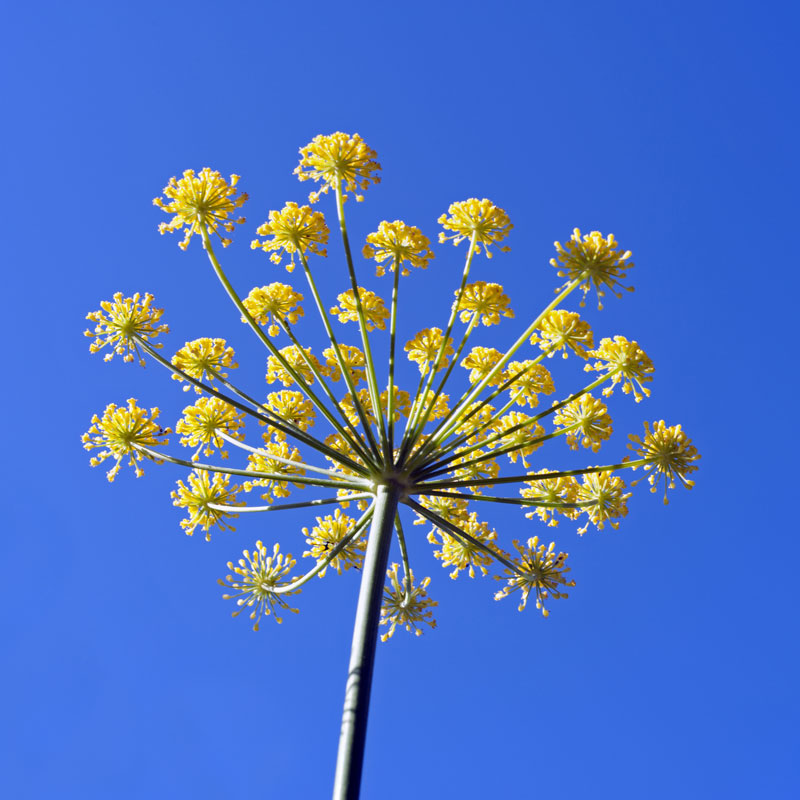
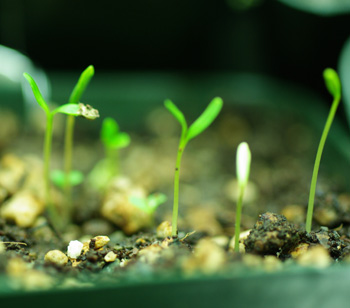
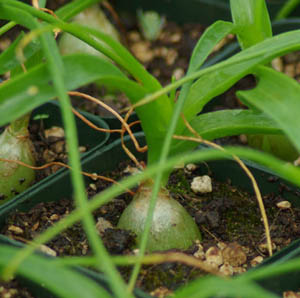
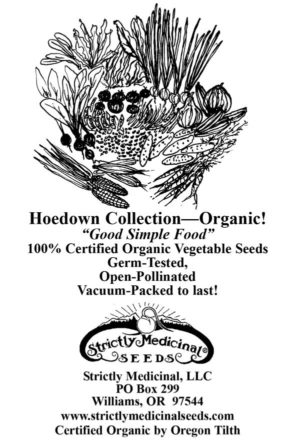

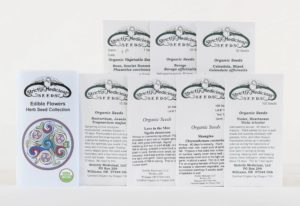
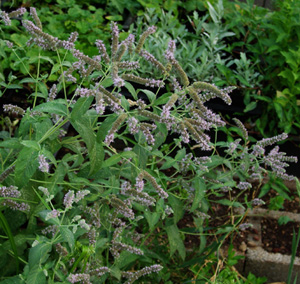
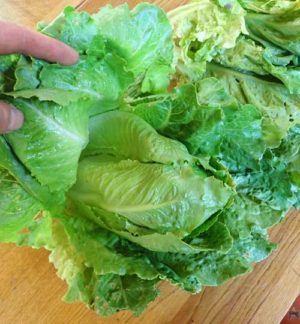
Question
Rachel –
Hello there! Am just wondering if it is possible to sow these seeds in the fall. Does this fennel self sow around fall anyways?
Upvote if this was helpful (0) Downvote if this was not helpful (0) Watch Unwatch Flag for removal
Richo Cech –
Hi Rachel, Thanks for contacting. Fennel is perennial and may be fall-sown with good effect. Anise is annual or an overwintering annual and unless you’re in z 8 and up I’d recommend planting in the spring. Soak the seeds before planting and direct-seed around April to May. Minimum soil temp for good germ 45 degrees F. See “Growing Plant Medicine” page 275 for an in-depth answer to your question.
richo
Upvote if this was helpful (0) Downvote if this was not helpful (0) Flag for removal
Question
m g –
Can you make a strong anise oil from the seeds for baking pizzelles? How would you do that?
Upvote if this was helpful (0) Downvote if this was not helpful (0) Watch Unwatch Flag for removal
Richo Cech –
hello m.g., that would be distillation of the essential oil, which requires a still. Why not just put anise seeds on before baking? richo
Upvote if this was helpful (0) Downvote if this was not helpful (0) Flag for removal
m g –
The anise oil goes into a cookie batter and is stronger than just seeds themselves. I thought I could crush them and add them to sunflower oil and steep them to use in the cookie batter.
Upvote if this was helpful (1) Downvote if this was not helpful (0) Flag for removal
Richo Cech –
ok, keep experimenting, its what we all do. r
Upvote if this was helpful (0) Downvote if this was not helpful (0) Flag for removal
wildwoodacreshomestead –
Maybe you could crush them and put them in vodka or rum to make a flavoring the way you make vanilla flavoring with vanilla beans?
Upvote if this was helpful (1) Downvote if this was not helpful (0) Flag for removal